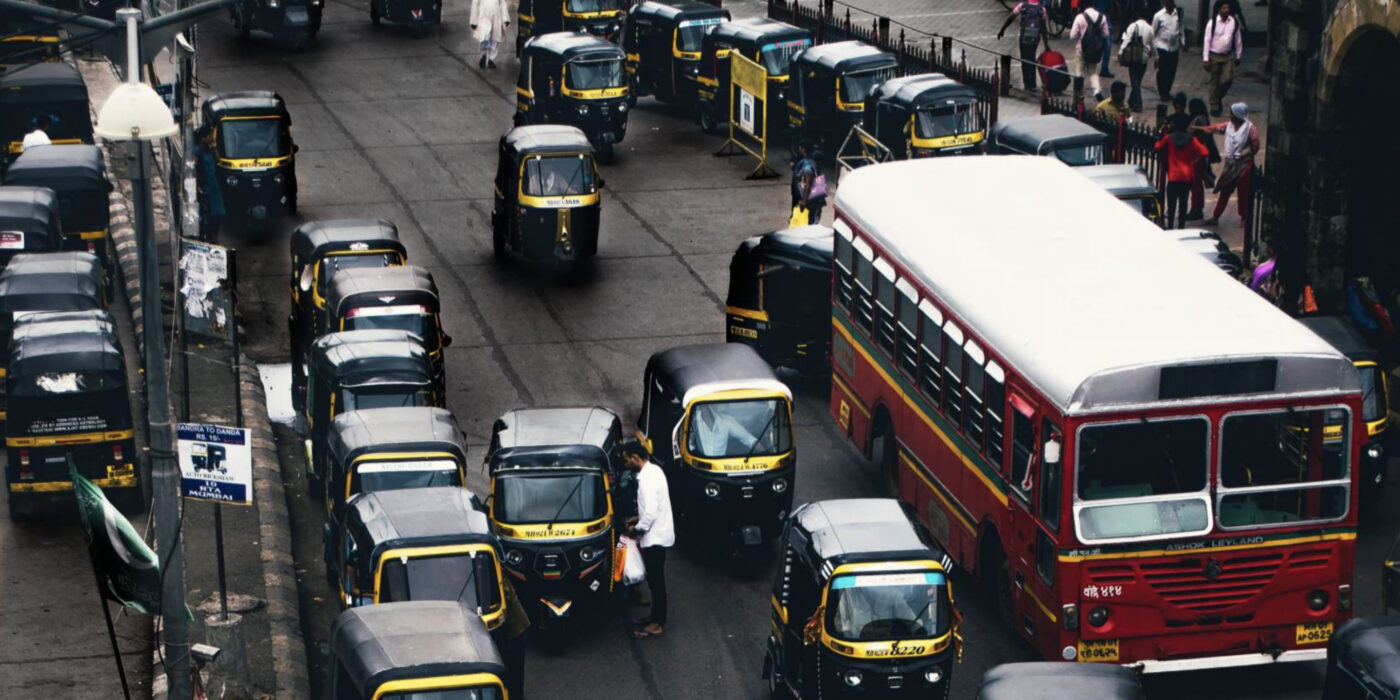
Objective
The study contributed to making national and city transport policies in low-income countries more resilient and crisis ready by identifying key levers driving reform and innovative transport solutions.
Potential impact
Contribute to making national and city transport policies in low-income countries more resilient and crisis-ready for pandemics by identifying key levers driving reform and innovative transport
COVID-19 Challenge
The Covid-19 pandemic has had an unprecedented impact on public transport in cities in developing countries. Most public and intermediate transport modes have lost 60 to 80% of commuters while private car sales have increased by 30 to 50%. However, access to and use of private vehicles are not possible for the vast majority of low-income groups, as well as women, children, senior citizens and persons with disabilities. Their mobility has been severely curtailed by restrictions on public and intermediate transport as an impact of the COVID-19 pandemic, increasing their vulnerability.
The potential boom in the purchase and use of private cars post-COVID-19 must be short-lived, and walking and cycling, public and shared transport prioritised in the urban policies. Thus, investments and policy support needs to be renewed for reforming urban transport system — public transport, intermediate public transport, walking and cycling.
Approach
A three-prong approach was used to study transport systems in urban areas in India and other low-income countries. The first part was a rapid review of publications, reports, news items and relevant websites. The situation was analysed in each public transport mode including overarching policies, acts and regulations, initiatives by national governments, large and medium-sized cities in South America, Sub-Saharan Africa, Europe and Asia.
Based on the rapid literature review, in-depth interviews were conducted to identify key levellers, such as organisational set-up and capacities, institutional resilience, specific reforms and initiatives, financing mechanisms and planning methods. The key informants were implementing agencies and the network of key supporting actors — governments, experts, civil society organisations and academics. Subsequently, three roundtables were organised with experts worldwide to validate the key levers to reform transport systems.
A qualitative case study analysis was done of two good practices each in NMT, PT and IPT in low and medium income countries. The cities of Kochi, Bangalore, Lagos, Dar es Salaam, Addis Ababa and Bogota were studied in detail.
Outcome
The guidance document sets out key levers to reform urban transport systems to respond to post COVID-19 mobility challenges in the intermediate and long-term. Guidance includes how innovations in non-motorised transport, public transport and intermediate public transport operations can be sustainably adopted from other cities.
The planning strategies and tactics in the case studies are for policy and decision-makers in the low-income countries, and will be presented to the Ministry of Housing and Urban Affairs in India to become part of the climate smart cities initiatives. The research findings will be disseminated on webinars, op-ed pieces in popular media and publications.
